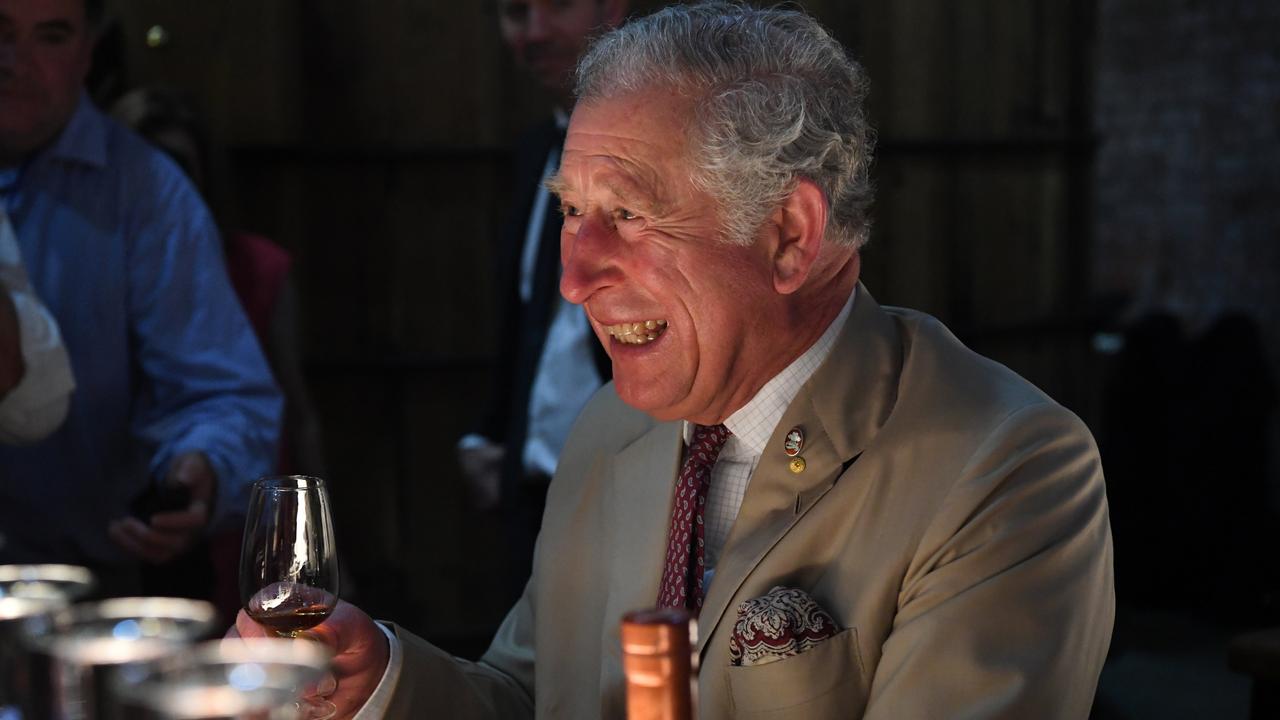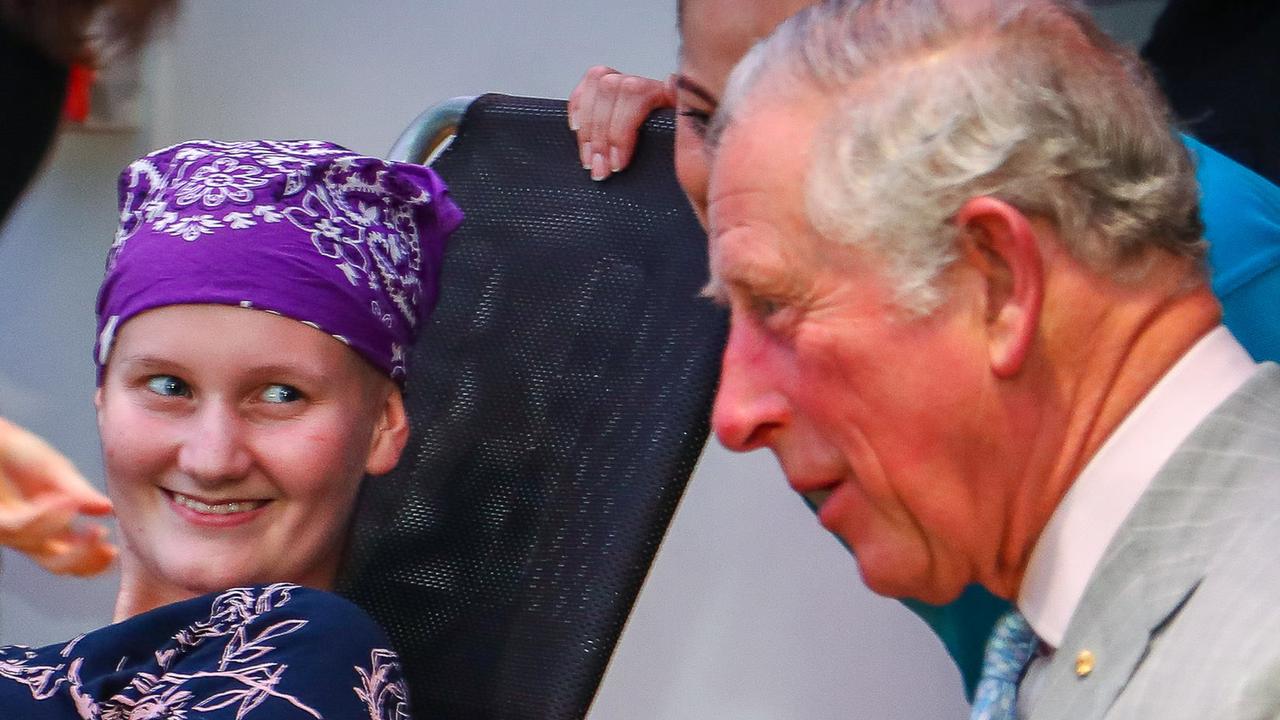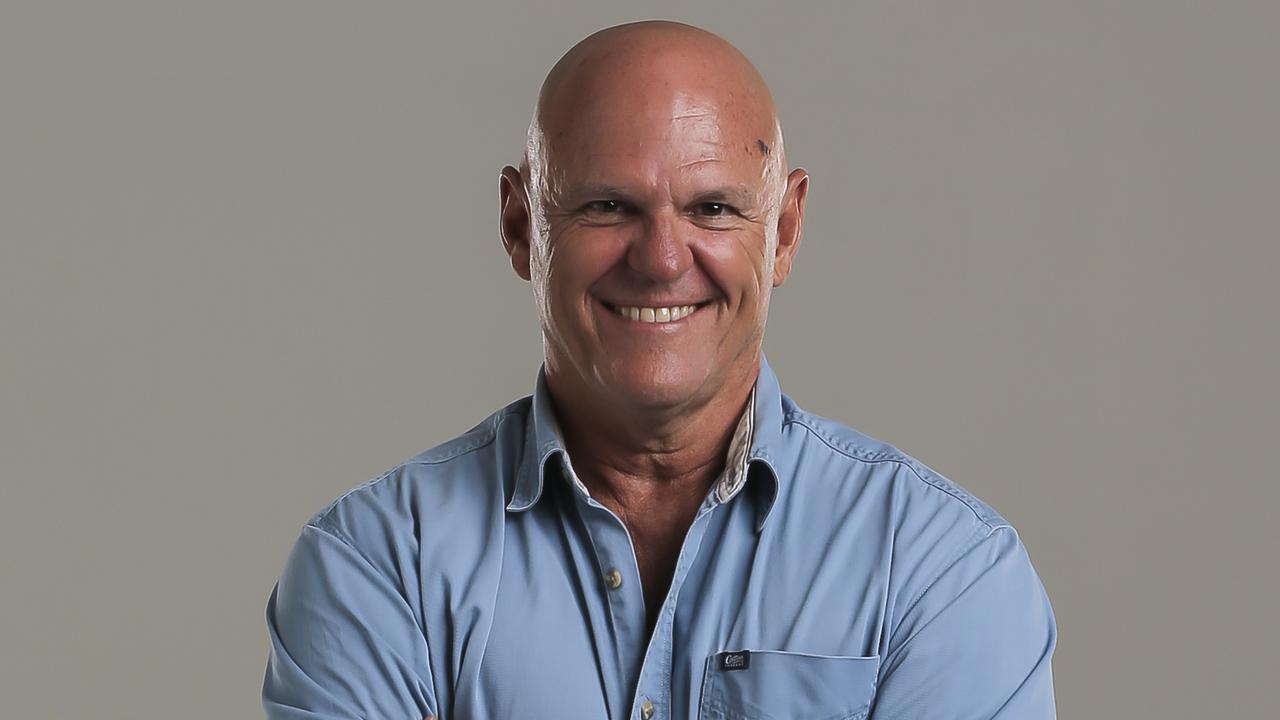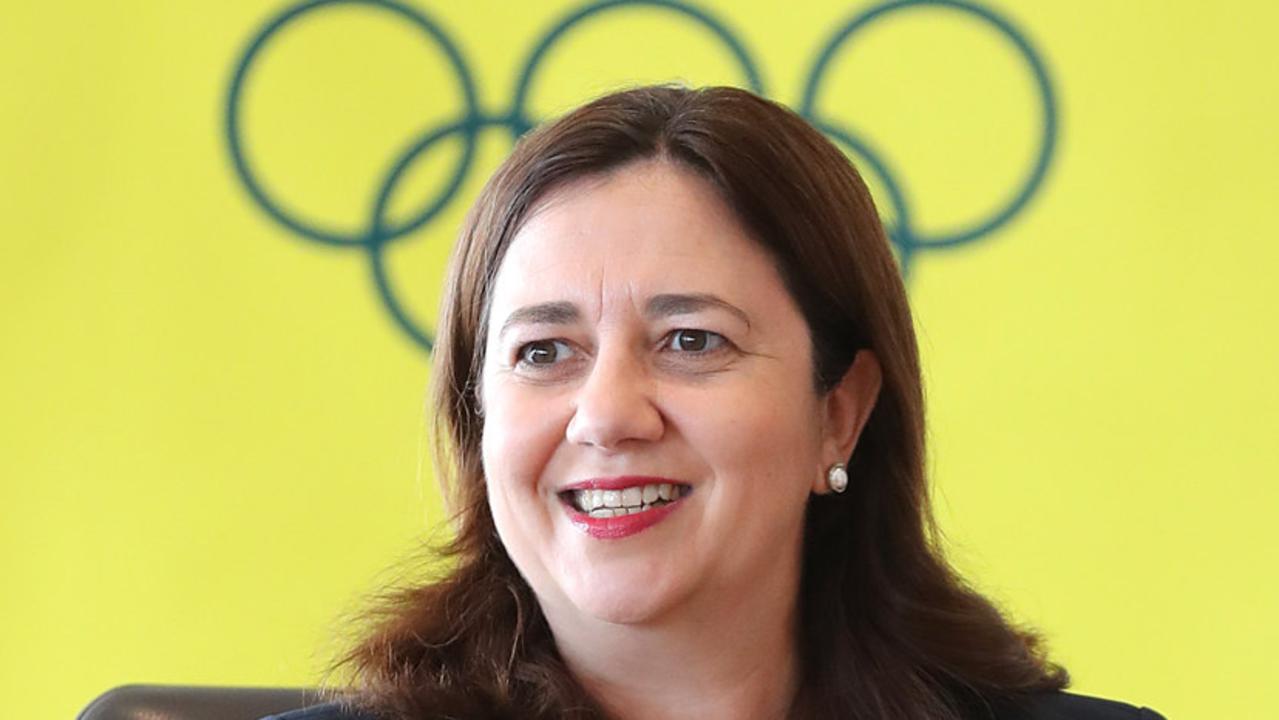Prince Charles has evolved in our collective minds, writes Michael Madigan
ONE day he might own all the dolphins in England and a property portfolio worth over $20 billion but for now, England’s next King is doing his duty and sipping a rum in the Barrell Room of the Bundaberg Rum Distillery.

Opinion
Don't miss out on the headlines from Opinion. Followed categories will be added to My News.
ONE day he might own all the dolphins in England and a property portfolio worth over $20 billion but for now, England’s next King is doing his duty and sipping a rum in the Barrell Room of the Bundaberg Rum Distillery.
“Reminds me of horses,’’ he said as the smell of molasses hit him as he walked the factory grounds of the factory that has produced rum in the regional city for the past 130 years.
Prince Charles was charming, attentive, curious and sometimes even rather funny as he performed his official duties at the Gold Coast, Brisbane and Bundaberg last week.
Amid the fervour of the Commonwealth Games, news of the arrival of the Monarch-in-waiting this week was relegated to the back pages yet among ordinary Queenslanders there is still clearly an extraordinary wellspring of affection for the 69-year-old Prince.
Why thousands would line roadways and strain against security fences to glimpse a man who probably didn’t even speak to them may be difficult to comprehend for the more jaded souls among us, as well as republicans.
But the enthusiasm and affection displayed for Prince Charles this week was obvious, earnest and sincere, and in a few cases where tears of excitement were shed, heartfelt.
The Prince has evolved in our collective minds from the callow youth who attended Geelong Grammar in 1966 to a beloved and kindly uncle whose self deprecations and eccentricities only add to his charm.
The institution he represents may have faded into mere symbolism but the throne he stands to inherit is not a mere analogy of power but an office commanding enormous wealth, and allowing for the perhaps the oddest privileges ever bestowed on a public figure.
Technically, King Charles will not merely inherit Balmoral Castle if he becomes King but all the swans existing on open water in England, unless you happen to have branded one for yourself.
He will also own any whale or dolphin found within five kilometres of the coast, won’t legally require a passport and could drive a car without a number plate.
That the future king will be found off Cornwall spear-fishing dolphins or driving an unregistered Honda Civic around Dorset is unlikely.
But those faded statutes demonstrate the ancient and enduring power of a Monarchy which boasts not just these quirky little canons.
Included in the keys to Buckingham Palace is a massive property empire reaping returns of more than half a billion dollars a year.
The roots of that investment go back to the 11th Century when Prince Charles’ granddad (several times multiplied) William the Conqueror arrived in England and started building a real estate portfolio.
That all this privilege and wealth not merely survived the decapitation of Charles I, Cromwell and the Glorious Revolution of 1688, but continues to thrive in the 21st Century, says something about the tenacity of the present Royal family.
Queen Elizabeth II has enormous popular appeal but her offspring, Charles included, continue to exercise a powerful hold on the public mind, and the tolerance of their exalted position back home in England shows no real sign of dissolving, even if Canada and Australia become republics.
Walter Bagehot, a 19th Century journalist and writer on British politics, once noted the success of the English Constitution rested on twin pillars – “dignity and
efficiency’’.
The Royals, Walter wrote, were supposed to arouse a reverence among the people (dignity) while the government provided what we now refer to in rather prosaic terms as “service delivery’’.
Judging by the reaction of the thousands of people who crowded into the Botanic Gardens, who waited for hours in rain outside Old Government House at the QUT, and who lined the streets in Bundaberg, Charles appears to be managing the former rather well.




